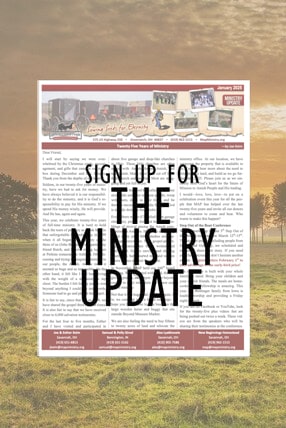The Power of the Tongue
By Joe Keim
July 1, 2020
 It has been said, women talk more than men. That, of course, is not the case at my house. I’m the talker. Esther is the listener.
It has been said, women talk more than men. That, of course, is not the case at my house. I’m the talker. Esther is the listener.
According to BBC and their research, women use an average of 20,000 words a day, compared to the mere 7,000 that men utter. If their research holds water, women speak nearly three times more than men. Not that it matters at all, I just found this interesting as I began the following study.
In chapter 3 of James, starting in verse 5, we can read:
- The tongue is a little member, and boasteth great things.
- The tongue is a fire.
- Every kind of beasts, and of birds, and of serpents, and of things in the sea, is tamed, and hath been tamed of mankind: but the tongue can no man tame; it is an unruly evil, full of deadly poison.
Impossible to tame! Unruly! Full of deadly poison!
Those are some pretty strong words, wouldn’t you say!?
Furthermore, James writes… we bless God out of one side of our mouths while cursing His creation and the people He loves out of the other side of our mouths (James 3:10)
 Solomon writes in Prov 18... “Death and life are in the power of the tongue.”
Solomon writes in Prov 18... “Death and life are in the power of the tongue.”
If Solomon is right, and I believe he is, you and I have the ability and power to speak death into situations and other people. We also have the ability to speak life into them. That is some powerful stuff, my friend! Mind boggling!
What if, when we die, we find out that many of our positive and negative experiences in life were directly connected to, and the result of words that we spoke out loud?
Jesus said in Matthew 12:36-37:
“But I say unto you, that every idle word that men shall speak, they shall give account thereof in the day of judgment. For by thy words thou shalt be justified, and by thy words thou shalt be condemned.”
Please don't read into this too much, but I've been thinking:
- Once our words are released into the atmosphere, we can never take them back. They go on to make a positive or negative impact in our world and those around us.
- By the spoken word alone, God created something out of nothing—He spoke into existence the entire universe and all it contains. We don’t always think about it, but right on the heels of speaking creation into existence, God also spoke reproduction into existence—meaning, after creating the original fish, bird, vegetation and human race, He would never create again—instead, His creation would automatically reproduce after it’s own kind. It doesn’t say He used His hands. He just spoke it and it was so.
It appears, after creation and reproduction began, God sat back and rested. That was at least 6,000 years ago and Hebrews says He is still resting. (See Hebrews 4:10.)
Far too many people, who don’t realize the power of their own words, are talking themselves to death. They speak forth whatever negative thing they feel or have been told, and don’t realize that they are signing their own death warrants.
This is not only true of the words we speak; every word we hear produces either life or death. We not only have to pay attention to the words we speak; we also need to turn away from the words of death that others speak:
God said in Philippians 4:8, focus only on (1) things that are true, (2) things that are honest, (3) things that are just, (4) things that are pure, (5) things that are lovely, (6) things that are of good report, (7) things with virtue, and (8) praise. - think on these things.
Lastly, words are weapons, and we have to condemn the negative words spoken against us.
“No weapon that is formed against thee shall prosper; and every tongue that shall rise against thee in judgment thou shalt condemn…” (Isaiah 54:17).
From experience, I’ve learned that when someone speaks negative words over me or around me, if I counter them right then, they lose their power. But if I wait until later, possibly because I don’t want to offend, then it takes time to get those words out of my mind. They start germinating nearly instantly. Therefore, I try my best to condemn negative words when I hear them. We have to do this. The Lord doesn’t do this for us.
In conclusion, let us both consider David’s prayer, when he said: “Set a watch, O LORD, before my mouth; keep the door of my lips” (Psalm 141:3).
« Back to Articles







